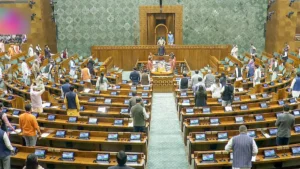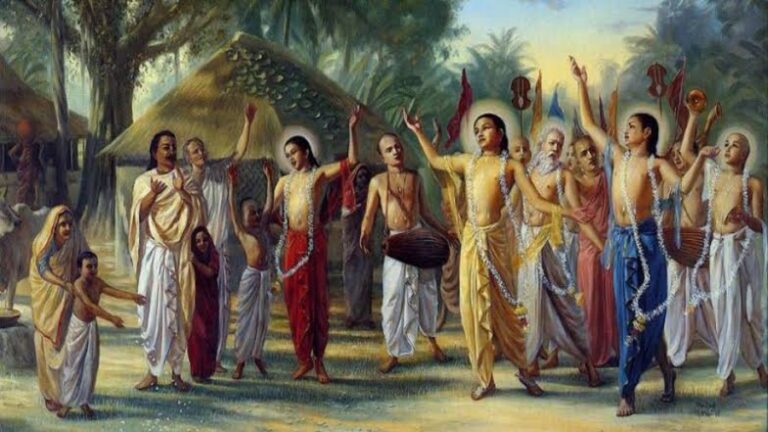
The Lok Sabha passed the Promotion and Regulation of Online Gaming Bill, 2025 during the Monsoon Session, setting the stage for a major shift in India’s digital entertainment industry. The new law bans real-money gaming and betting advertisements while officially recognizing E-Sports and Social Games.
President Droupadi Murmu gave her nod of approval to the Bill on Friday, a day after it was passed by Parliament. With her approval, the Bill has now become law, marking a decisive shift in India’s approach to online gaming.
Supporters claim this protects citizens from addiction, fraud, and financial risks. However, opposition leaders and industry groups argue that the sudden ban could hurt jobs, state revenues, and India’s growing startup ecosystem.
Lok Sabha Bans Real-Money Gaming

The Bill places a sweeping ban on all real-money online games, including fantasy sports, rummy, and betting apps. It prohibits companies from offering these services, running ads, or processing payments. The law also restricts banks and digital wallets from authorizing related transactions.
Violators face up to three years in prison and fines reaching ₹1 crore, with even stricter punishments for repeat offenders. Advertising violations invite two years in jail and fines of up to ₹50 lakh.
As a result, popular platforms like Dream11 and My11Circle suspended real-money operations immediately after the Bill cleared the Lok Sabha. Lawmakers defended the move, citing the rise in online addiction, debt traps, and the growing influence of offshore betting apps.
E-Sports and Safer Play

At the same time, the government highlighted its support for E-Sports and educational gaming. For the first time, E-Sports now enjoys formal recognition as a sport in India. Officials said this recognition would help India build training academies, research hubs, and structured tournaments that could nurture global talent.
The Bill also introduces age verification, self-exclusion tools, and deposit limits. These safety checks aim to reduce risks for young players while ensuring a healthier gaming environment. With these changes, the government hopes to strike a balance between regulation and innovation.
Industry experts believe this recognition could spur investments in e-sports startups, attract global tournaments to India, and build a new culture around competitive digital sports.
Industry and Political Backlash
Despite the focus on safety, the Bill has drawn heavy criticism. Industry bodies like the All India Gaming Federation (AIGF) and the E-Gaming Federation (EGF) warned that the ban will act as a “death knell” for the online skill-gaming market. They estimate losses of over 20,000 jobs, tax revenues of ₹20,000 crore, and ad spending worth ₹17,000 crore.
Opposition leaders voiced similar concerns. Karnataka’s IT Minister, called the move “bad policymaking” and warned it would push entrepreneurs abroad. Shashi Tharoor argued that bans only drive gaming underground, enriching “criminal mafias” while depriving the government of valuable tax revenue.
On the other hand, health experts and parent groups welcomed the legislation. Vice-Chairperson of Apollo Hospitals, praised it as a safeguard for youth, saying it will reduce gaming addiction and its mental health consequences.
In conclusion, the Online Gaming Act, 2025 marks a bold step by the Lok Sabha. By banning real-money games while promoting E-Sports, the government wants to protect vulnerable users and shape a safer digital future. Yet, the fierce backlash highlights the complex trade-offs between protecting citizens and supporting a fast-growing industry. The coming months will reveal whether regulation can truly balance safety with innovation in India’s online gaming sector.
For more such articles, keep up with us at The World Times!



